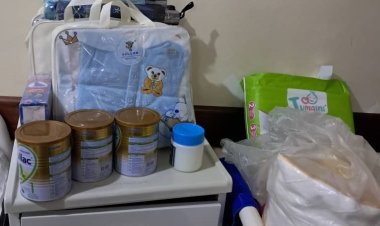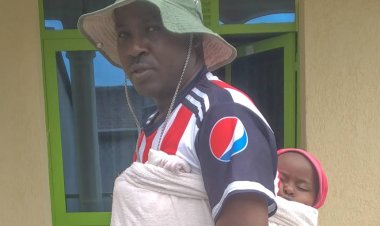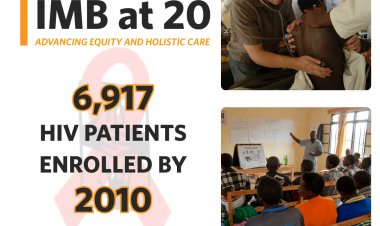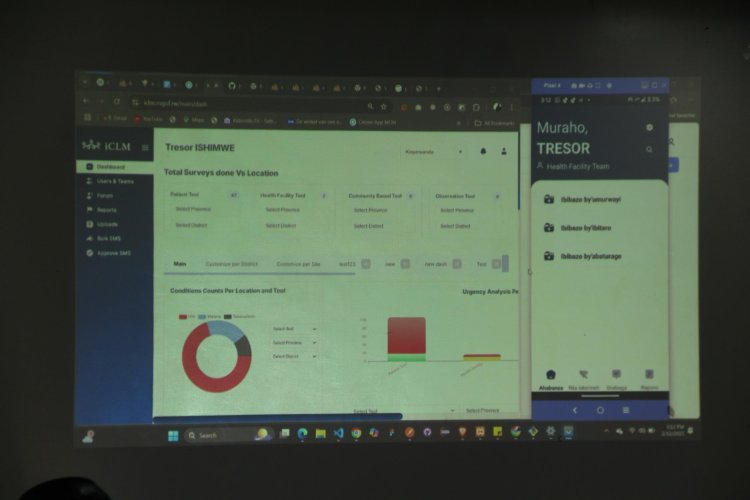
The Rwanda NGOs Forum on HIV/AIDS and Health Promotion, in collaboration with the Rwanda Biomedical Center (RBC) and with support from the Global Fund, has launched a new digital system in Rwamagana District. This initiative aims to support local authorities, health facility staff, and representatives of communities affected by HIV, TB, and Malaria. The system will provide vital information to enhance health service delivery, with a specific focus on high-risk groups for HIV/AIDS, Tuberculosis, and Malaria.
The high-risk groups include female sex workers, men who have sex with men (MSM), miners, rice farmers, youth and fishermen. Speaking to the media, Ngabonzima Louis, Director of Programs at the Rwanda NGOs Forum, emphasized the system’s role in facilitating information sharing within the health sector.
“We are here to launch the ‘Integrated Community LED-Monitoring System,’ which combines HIV, TB, and Malaria health services into one platform. This new system will provide valuable data for those at high risk of these diseases. If we do not prioritize these groups in the fight against these diseases, we will not achieve the desired outcomes,” he stated.
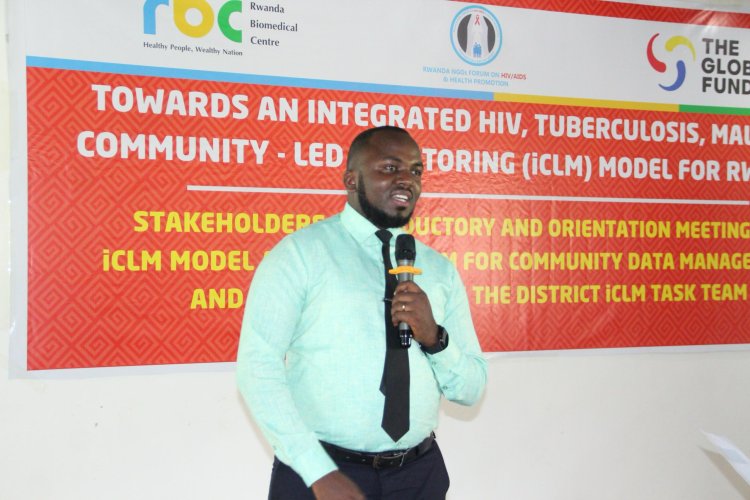
“This platform will gather information on health service trends, starting from the community health workers to the hospitals where patients seek care. It is a digital system that equips health facility staff with smartphones and tablets to provide information on services offered at health centres and district hospitals,” Ngabonzima Louis added.
A representative from the MSM community in Rwamagana District shared the challenges they face when seeking health services. “We often feel embarrassed to disclose that we are seeking health services, especially when dealing with conditions like HIV/AIDS. There is a fear of stigma when accessing care, as we are advised not to share our health status with others.”
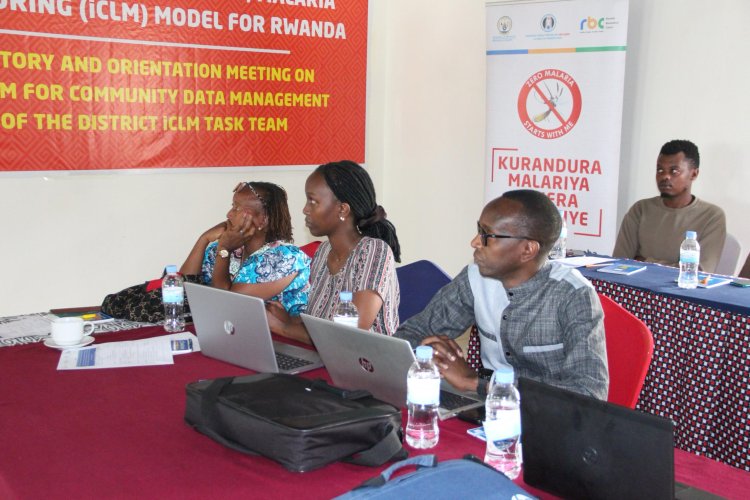
Dr. Placide Nshizirungu, Director General of Rwamagana Provincial Hospital, highlighted the system’s importance in improving health service delivery. “This system will help us gather feedback on the satisfaction of patients with the services they receive, whether they receive medicines on time and in adequate quantities and any areas for improvement. It will be invaluable in speeding up services and improving the quality of care,” he said.
The system will initially be implemented in five districts: Rwamagana, Rulindo, Gasabo, Rubavu, and Gisagara. It aims to improve access to healthcare services for high-risk groups affected by HIV/AIDS, TB, and Malaria.
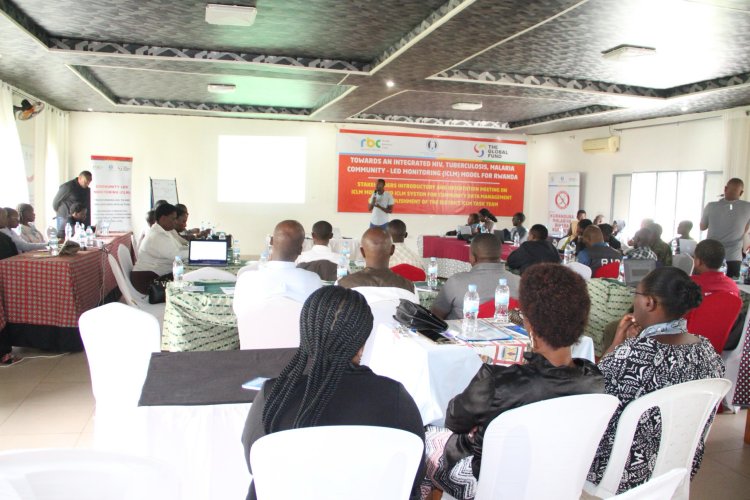
 English
English  Kinyarwanda
Kinyarwanda 



 Youssuf UBONABAGENDA
Youssuf UBONABAGENDA 